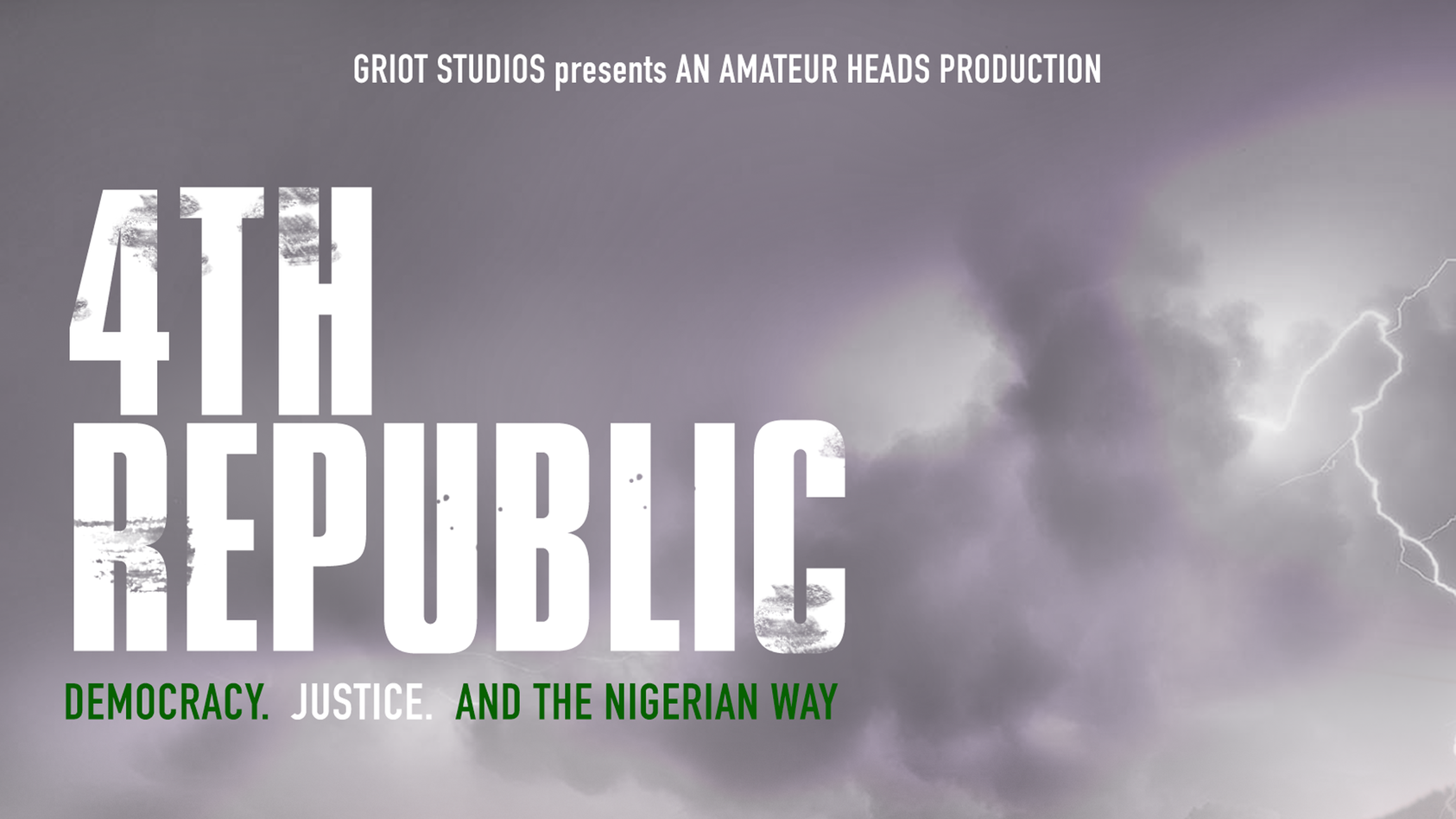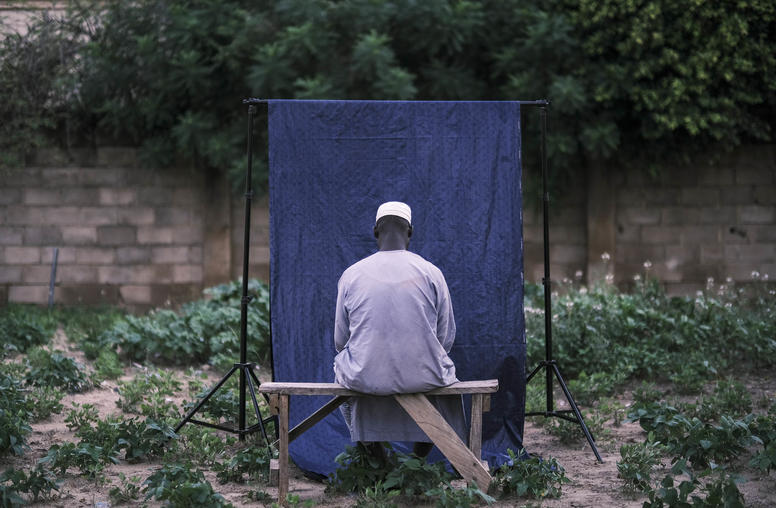Exploring Nigeria’s Democracy in the “4th Republic”
Movie Screening: New Film Looks at the Reality of Nigeria’s Elections
While Nigeria has made strides in its democratic development, the 2019 elections were a step backward for Africa’s most populous country and biggest democracy. Historically low voter turnout signaled a deepening public distrust in Nigerian government and institutions. This public distrust, coupled with historical issues with electoral violence and intimidation, threatens to undermine the security and legitimacy of the democratic process and may cause reverberating consequences for other emerging democracies in Africa.

“4th Republic,” a new Nigerian political thriller directed by Ishaya Bako, interrogates the systemic problems at the heart of Nigeria’s democratic development. Following a fictional gubernatorial candidate who challenges the incumbent’s victory and investigates corruption allegations, the film explores the role of women in politics, the influence of patronage systems, the impacts of electoral intimidation, and the irregularity of the judicial system in Nigeria.
On November 19, USIP held a screening of “4th Republic.” As part of efforts to improve governance and address election-related violence in Nigeria, the film was preceded by remarks from keynote speakers about Nigerian democracy today and its future trajectory.
There was a reception at 5:00pm followed by remarks from Professor Attahiru Jega, former chairman of the Nigeria Independent National Electoral Commission and a member of the Nigeria Working Group on Peacebuilding and Governance, and award-winning Nigerian actress, Kate Henshaw.
Continue the conversation on Twitter with #4thRepublic.



